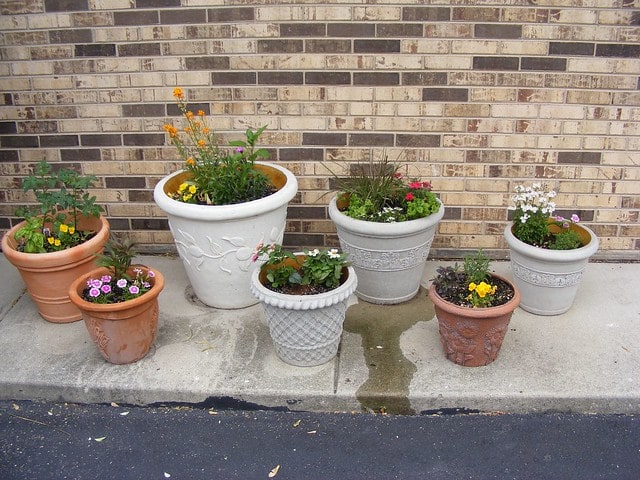
Many people love their container plants and are looking forward to include more. Container plants are great for home, balcony, porch, even garden, so it's not surprising many people choose to grow their plants in containers.
Experts say that container gardening is rewarding and among the easiest types of gardening, which means even beginners can try it. For the best success, however, it's important to plan your container garden and to understand the plants you wish to grow. It's vital to get all the information about planting, growing, fertilizing and caring for your container plants.
Before you plant any plants in your container garden, here are some essential questions you need to consider:
- How much sunlight and what type of sunlight does your home/balcony get?
- How long is a growing season in your area?
- What are the weather conditions? (Is extreme weather such as rain, winds and snow common?)
- What do you like to eat?
- What do your neighbors grow?
- Do you want your plants to attract birds or butterflies?
- Do you like animals?
- Do you like flower bouquets?
- Do you like to can food?
- Do you like crafts?
Some of these questions may seem irrelevant or even silly, but there is a reason for each of them. Answering these questions, finding needed information and understanding what you truly want to achieve with growing container plants is very important for your success and satisfaction. It is also a recipe for having a healthy container garden rich in colors. In the long run, it will also save you money because you won't make mistakes.
1. Sunlight
Perhaps the first question you need to ask yourself is about the sunlight your desired area (your home, balcony, patio, porch, etc.) gets. It's important to know both the amount and type of sunlight. Does this area get full sun (for 6-8 hours)? Or is it filtered light? Or perhaps partial shade (these are the places that can get full sun, but for less than 6 hours). Some places may even be in full shade (with no direct sunlight). All these places can be good for your container plants, but you need to match plants to the light conditions you have available. Also, depending on the light condition, you may need to adjust the watering. Organizing this can solve many beginner's problems, including some pest problems.
2. Growing Season
The next question you need to ask is how long is the growing season in your area. It's important to choose plants according to your time zone. For example, choose tomato varieties that don't need a lot of heat for colder climates. It's also important to take into account micro-conditions on your balcony or patio. All of this will dictate what kind of plants you can grow successfully.
3. Weather Conditions
Do you live in area with harsh weather conditions? Lots of snow, rain, wind? These can be very damaging to the plants, even to the containers themselves (freezing, cracks in the pottery, etc.) This is something you need to consider if you wish to grow perennials.
4. Food
You may wish to grow your plants for food, such as fruits and vegetables. In this case, it's important to ask yourself what you like to eat. You may be tempted to grow fruits and vegetables you've never eaten before, but if you wish to use the plants for consumption, it's best to grow those you are sure you like to eat.
5. Neighbors
What are the plants that your neighbors grow? What about the plants growing in local garden centers? It's important to check out on those, because these are the plants that can grow well in your area.
6. Birds and Butterflies
Do you wish to attract birds and butterflies with your plants? How about honey bees? If you want to attract them, choose plants that will attract these animals. Also, don't spray with pesticides if you wish to attract animals.
7. Animals
Do you have any pets? This can influence your choice of plants. First of all, you shouldn't keep any poisonous plants where animals (or, worse, children) can find them. Also, you may use your pets and animals to help you with the plant growing. Certain animals, such as rabbits and chickens, produce manure that's very healthy and helpful for your plants. Don't use cat or dog manure, though ‐ these are not the best for this use.
8. Flower Bouquets
If you like flower bouquets, think about planting a container cutting garden.
9. Canning, Pickling, Jams & Jellies
If you love to can, pickle and make jams and jellies, it's good to choose appropriate plants. You may grow berry plants or even fruit trees and vegetables suitable for pickling.
10. Crafts
If you are into crafts, consider growing birdhouse gourds or plants that are often used in crafts, such as lavender.
Photo credit: Richard Roche
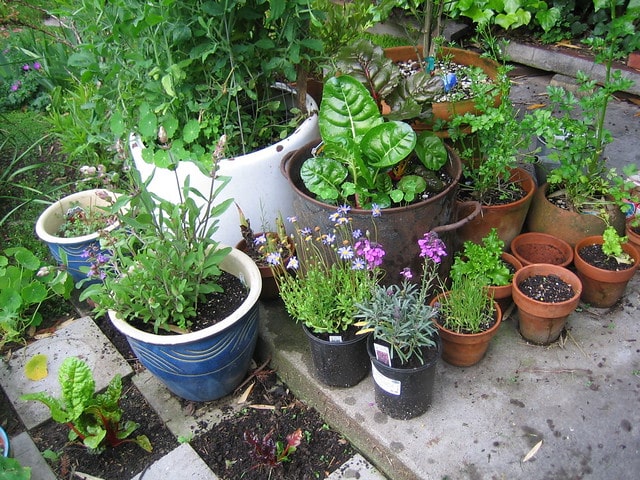
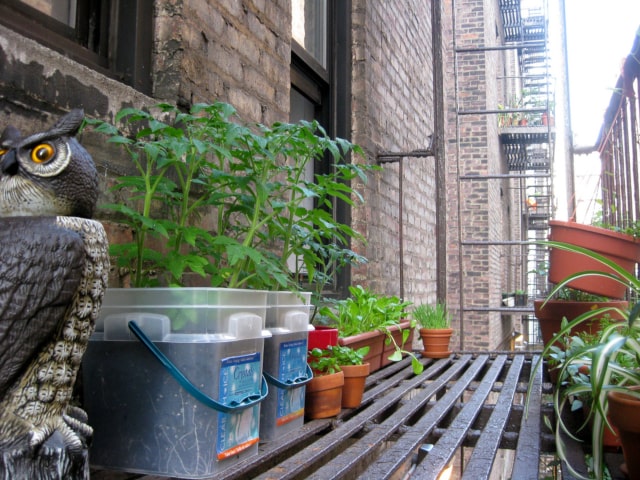
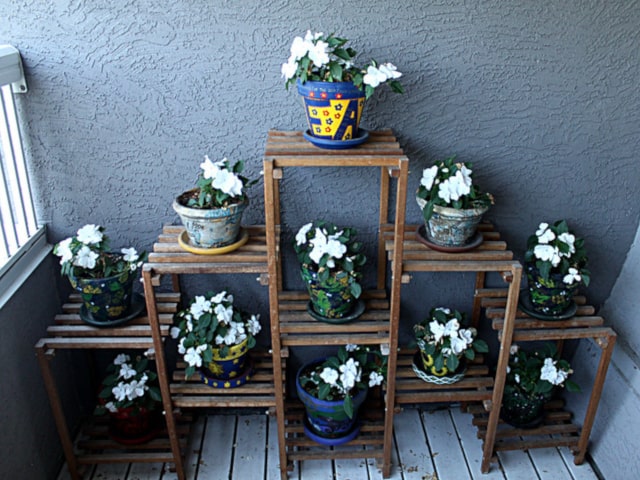
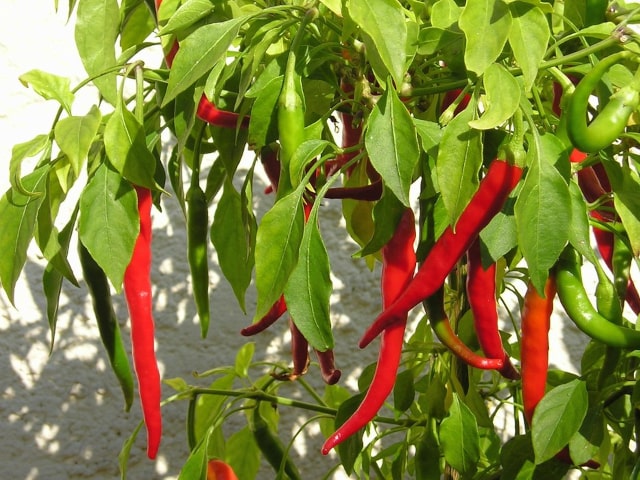
0 Comments